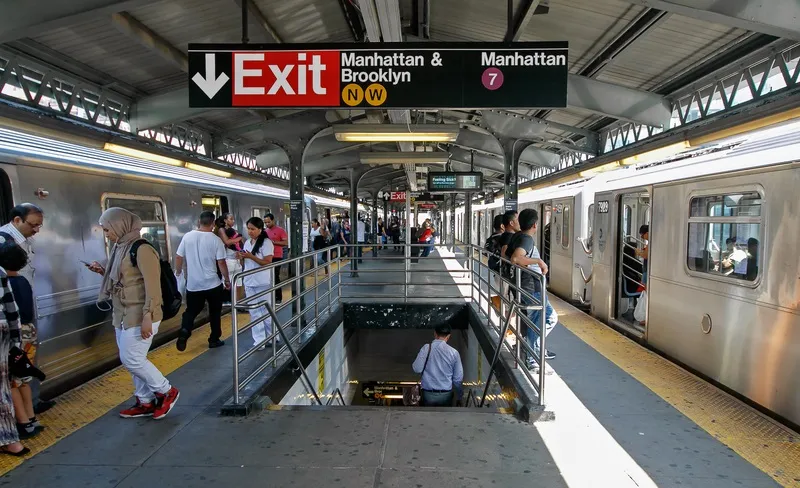ABI Research has forecast that a combination of memory and microcontroller smart cards alongside disposable ticketing solutions will reach shipments totalling 1.7 billion units in 2018.
The primary drivers include the increasing move to national standards and the enablement of near field communications (NFC) and open-loop payments. This trend is a consistent feature across all continents with particular progress within the UK, US, Australia, Germany, Turkey, and the BRIC countries forming a growth engine
February 6, 2014
Read time: 2 mins
The primary drivers include the increasing move to national standards and the enablement of near field communications (NFC) and open-loop payments. This trend is a consistent feature across all continents with particular progress within the UK, US, Australia, Germany, Turkey, and the BRIC countries forming a growth engine for future contactless ticketing adoption.
Growth is particularly strong in China, India, and Brazil where accelerating contactless ticketing programs within flagship cities can be found. In 2013 these three countries accounted for 21 per cent of all smart contactless ticketing cards shipped worldwide. As these projects evolve ABI Research expects to see further expansion across other cities and the enablement of open-loop and NFC acceptance.
Looking further forward over the next three years the introduction of tri-readers could open up market competition. The UK and Australia are two countries known to be introducing tri-readers into their transit infrastructure, a clear indication that transport authorities are moving ever closer to the acceptance of open-loop and NFC credentials. Tri-readers allow the reading of existing closed-loop protocols as well as those supported by ISO 14443.
Research analyst Sealy comments, “I expect to see a more competitive market from both a protocol and solution acceptance perspective. Several countries are working to create multi-protocol acceptance solutions with transport authorities able to incorporate different types of payments and ticket-types within a single system. New and upgraded systems being introduced in countries such as the US and China, where we are tracking the adoption of contactless bank cards, NFC, and mobile ticketing, will be particularly interesting. Combined, these new technologies could disrupt the current ecosystem, increasing competition and introducing new players to threaten the current status quo.”








